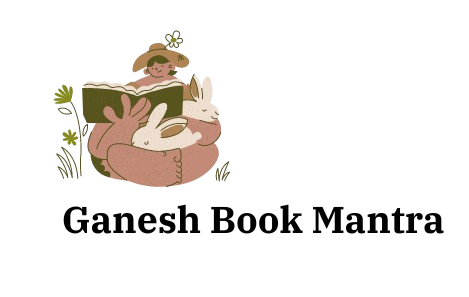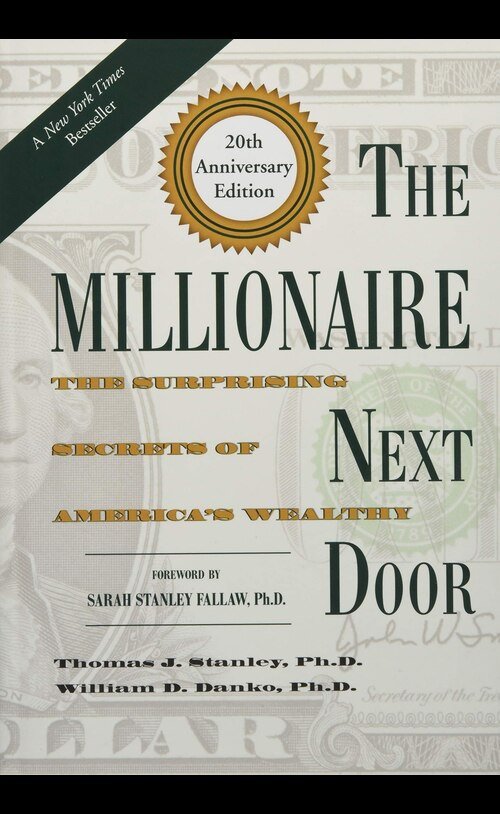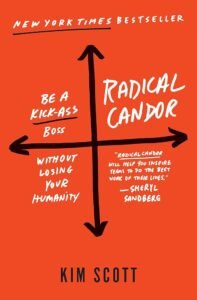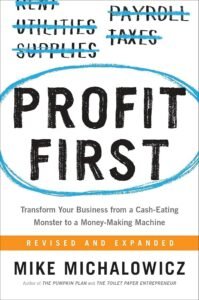💡 Who Becomes a Millionaire?
Most millionaires don’t look like millionaires. They drive used cars, live in modest homes, and rarely flaunt wealth. The book uncovers data-backed traits that define the true rich — not Instagram influencers or lottery winners — but disciplined individuals who build wealth silently over time.
📊 Rohan’s Story — A Real-Life UAW (Under Accumulator of Wealth)
Meet Rohan, age 35, working in a tech company in Bangalore. His annual pre-tax income is ₹15,00,000.
📐 Net Worth Expectation Formula:
Expected Net Worth = (Your Age × Annual Pre-Tax Income) / 10
So for Rohan:
(35 × 15,00,000) / 10 = ₹52,50,000
But Rohan’s actual net worth is just ₹15,00,000 — far below expectations.
This makes him a UAW — Under Accumulator of Wealth.
🏆 PAW vs UAW
-
PAW (Prodigious Accumulator of Wealth):
Actual Net Worth > Expected Net Worth
→ Wealth creators, investors, and financial planners -
UAW (Under Accumulator of Wealth):
Actual Net Worth < Expected Net Worth
→ High earners, poor savers, lifestyle inflators
🧠 7 Key Strategies to Become a PAW
1. Live Below Your Means (Frugality Wins)
-
Avoid lifestyle inflation: no unnecessary car EMIs, brand obsession, or gadgets.
-
Minimize taxes and maximize investments.
-
Real-life example: Rohan cancels 3 OTT subscriptions, starts cooking at home, and shifts to SIPs.
2. Efficient Use of Time, Energy & Money
-
High earners spend 2× time planning finances than spending on luxury.
-
Focus on investment research, budgeting, goal tracking.
💡 Luxury Hours < Financial Planning Hours = Wealth
3. Value Financial Independence Over Social Status
-
Millionaires choose peace of mind > perception.
-
Simple home, solid portfolio, zero debt.
4. Avoid Economic Outpatient Care (EOC)
-
Parents funding adult children = reduced wealth
-
Teach kids discipline, not dependence
5. Raise Financially Independent Children
10 rules for wealth parenting:
-
Don’t spoil with cash
-
Don’t reveal net worth early
-
Teach value of earning and investing
-
Let kids face financial reality
6. Target Market Opportunities
-
Study the market before starting a business.
-
Create niche offerings for specific demographics.
🧭 Wealth is created by solving problems with skill.
7. Choose the Right Occupation
-
Self-employed, entrepreneurs, consultants tend to build more wealth.
Millionaires are owners, not just earners.
💎 12 Common Traits of Millionaires
-
Income > Expense
-
Time and money managed wisely
-
Spend 2x more time planning finances
-
Choose freedom over flaunting
-
No cash gifts from family
-
Entrepreneurs > Employees
-
Long-term wealth planning (50+ years)
-
Financially literate
-
Save/Invest at least 20% income
-
Take own decisions
-
Invest with long-term view
-
Live a peaceful, happy life
✅ Summary:
To become the Next Millionaire Next Door, follow this mindset:
-
Spend less than you earn
-
Plan your future every month
-
Avoid consumerism
-
Focus on building net worth, not social worth
💼 Rohan’s Action Plan:
-
Cut lifestyle expenses by ₹15,000/month
-
Save & invest ₹30,000 monthly in index funds and debt
-
Buy term insurance + emergency fund
-
Target net worth of ₹75,00,000 in 5–7 years
-
Side business in tech consultation for extra income
Read → Apply → Grow
Learn from the rich. Live like the rich. Think like the rich.




